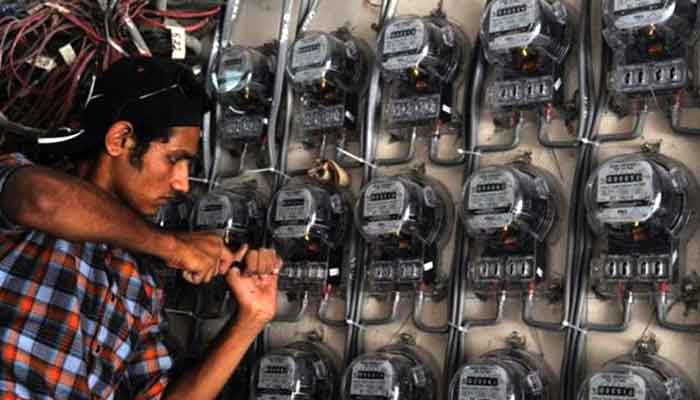What is fuel cost adjustment and how does it impact electricity bills?
FCA decreases if more electricity is generated by hydel power plants, says expert
Irked by the extraordinary rise in electricity rates, consumers are not only berating the power supply companies but also raising questions over the fuel cost adjustment (FCA) charges, which are a major chunk of their bills.
The FCA is imposed to adjust monthly electricity fees based on fluctuations in fuel prices for crude oil, liquefied natural gas (LNG) and coal in the international market.
In an exclusive interview with BBC, Tahir Abbas, head of research at Arif Habib Corporation LTD, said that the National Electric Power Regulatory Authority (NEPRA) issues a reference fuel cost at the start of every fiscal year.
Total actual fuel cost in each month could be compared with the reference, he added.
Basket fuel cost is calculated by evaluating the total cost of different sources of fuel like coal, LNG and furnace oil used for generating electricity during the period of one month.
At the end of each month, the basket fuel cost is compared with the NEPRA’s reference fuel cost and then the adjustment is added to the consumers’ electricity bills after two months.
If the total fuel cost in a certain month is more than the reference cost, then the additional amount will be added to the consumers’ bill and in case the fuel cost is less than the reference cost, the amount be subtracted from the bill and it is called the FCA, he added.
How is the FCA determined?
The FCA is determined in view of various factors, renowned economist Ammar Habib said, adding that the “source” of fuel used for generating electricity, however, is the key factor.
"If a power plant uses coal, it will be seen how much coal it used and at what price it was purchased,” he said.
The FCA will decrease if more electricity is generated from water and it will increase if more power is obtained by using coal or gas, he added.
Rupee’s value also affects the FCA, Ammar Habib added.
“Rupee’s value is directly proportional to the cost of electricity as the country imports the coal, LNG and furnace oil,” he added.
Why FCA is included in bill?
Responding to a question, Ammar Habib said that the government earlier used to provide subsidies on account of fuel price adjustment and resultantly it widened the budget deficit, caused inflation and the state had to take more loans.
Last year, the government finally decided to include the FCA in the electrify bills whether the adjustment is positive or negative, he said.
-
Security forces gun down 30 terrorists in multiple IBOs in KP: ISPR
-
MQM-P calls for new province in Sindh
-
US report validates Pakistan military edge over India: PM
-
Banned TTP poses serious threat to Pakistan security: UNSC panel
-
CM Afridi clarifies remarks on by-poll after ECP requests army deployment
-
Dubai sees 3.2m Pakistani passengers in 2025 as airport sets new milestone
-
Security forces kill 23 Indian proxy terrorists in KP's Kurram
-
Pakistan to construct island to boost oil exploration: report












